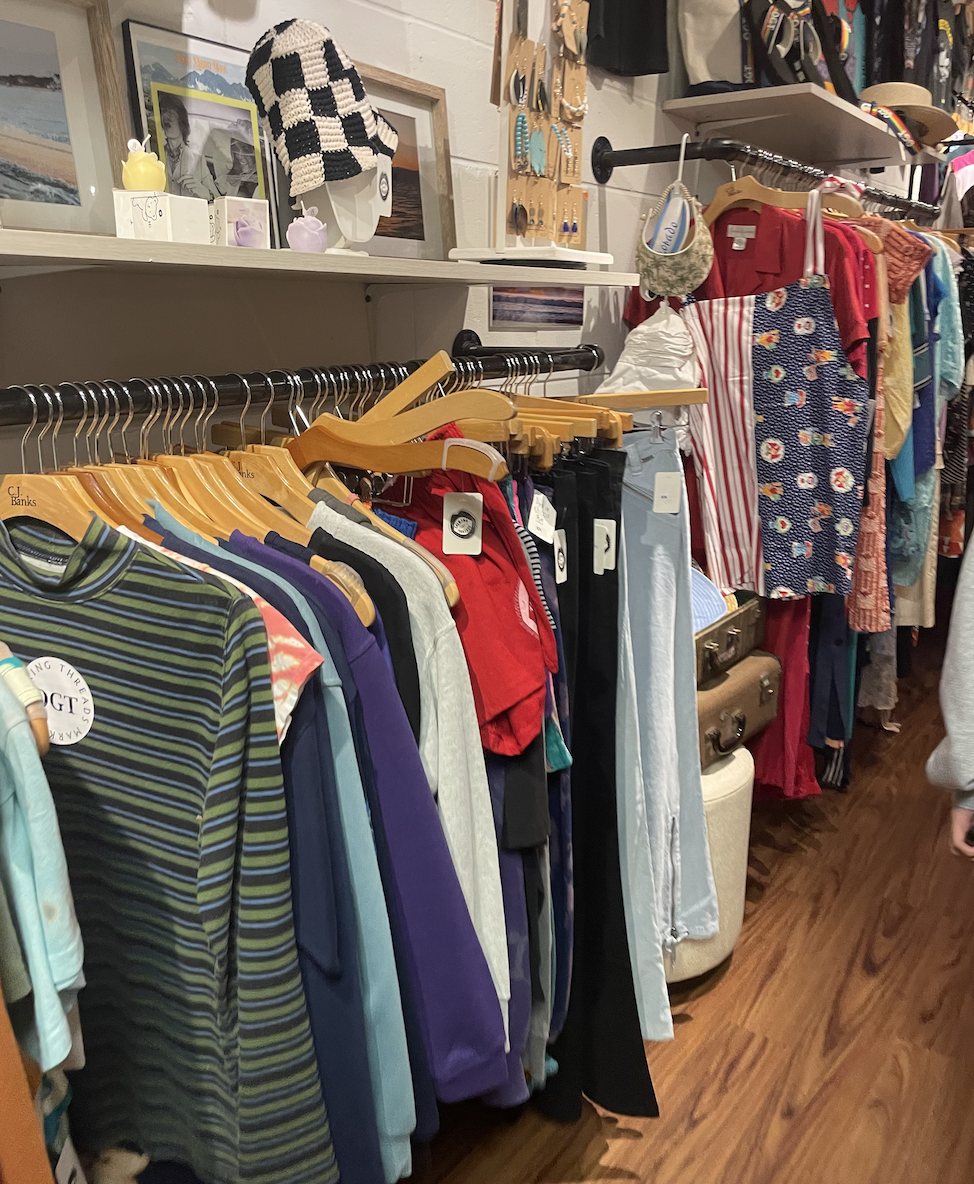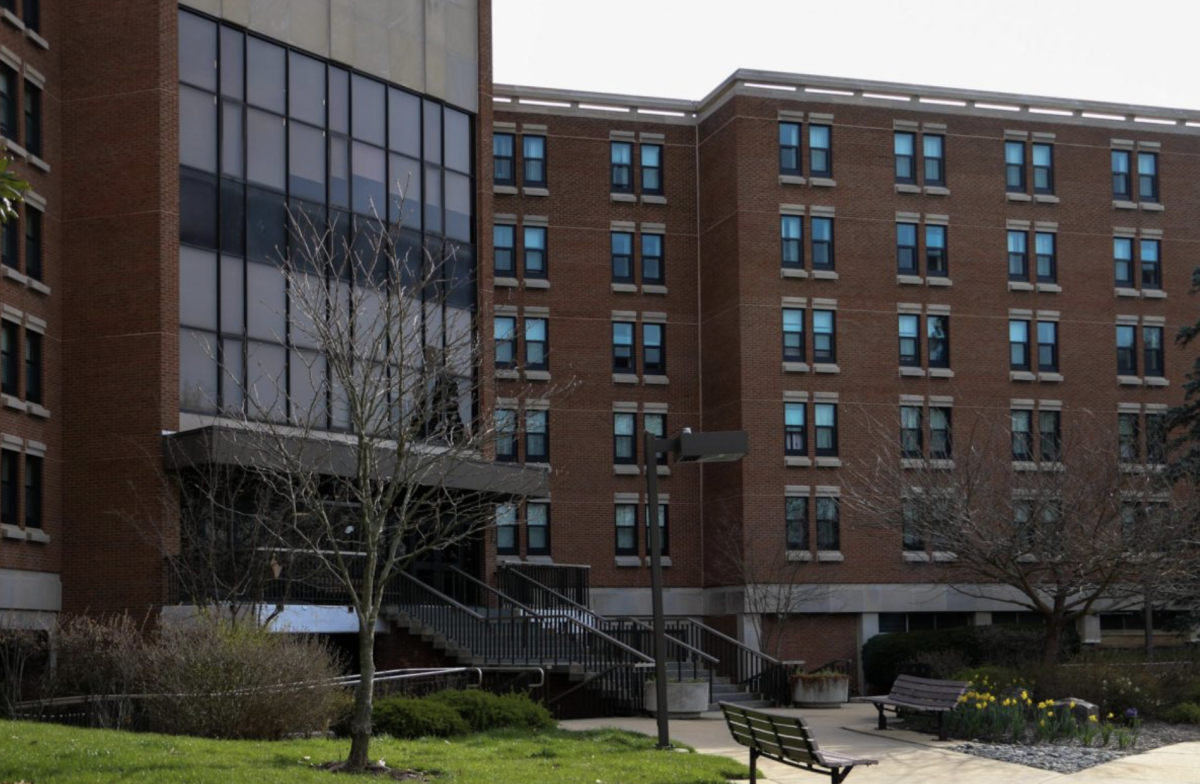
“A law banning TikTok has been enacted in the U.S,” flashed a message on the once-animated screens of almost two billion users. “Unfortunately, that means you can’t use TikTok for now.”
On Jan. 19, a decision upheld by the Supreme Court effectively outlawed the popular short-form video app. National security concerns involving ByteDance, the app’s Chinese parent company, have circulated Washington for years. Last week, these threats finally materialized. Failing to meet Congress’ ultimatum of selling to an American buyer, the platform went dark…for less than a day.
“Welcome back!” a newly revised message read. “As a result of President Trump’s efforts, TikTok is back in the U.S.!”
Teenagers everywhere rejoiced. As did influencers, who were rendered jobless for those 12 fateful hours. TikTok users were free to return to their “doom-scrolling” in peace, abandoning the hobbies they almost acquired, including setting down the books they almost opened.
The entire country abhorred its time spent away from the beloved app. However, barring the politicization of the affair, I found the restriction of TikTok to be a good thing. The U.S. saw a glimpse of life before a constant need for gratification and short-term fulfillment. Yet, when the opportunity arose to reverse years of psychological and emotional damage, society chose to reject the discomfort.
TikTok was ultimately rebuked for harvesting the personal data of American consumers. Yet, in many ways, the country’s “TikTok Problem” extends far deeper than international paranoia. Primarily, the app has overtaken humanity’s ability to creatively and productively contribute to society.
How many hours do we spend each day, eyes glazed, thumbs bent, consuming content that actively degrades our brains? Could that time be better spent? These are rhetorical questions, of course. Yet, even though we know their answers, we still choose to play TikTok’s game. We still choose to drink the Kool-Aid.
“I felt lost without TikTok,” sophomore Lily Lincoln said. “I found myself clicking on the app out of habit, only to catch myself a second later. It was strangely involuntary.”
Unfortunately, the threshold for this kind of interdependence is growing younger and younger. In mere years, TikTok overtook the innocence of childhood with targeted marketing and trend-obsessed materialism. Consumer culture has always been the American way. Yet, in recent years, the practice found easy prey in younger generations.
On TikTok, kids receive unbridled access to current news and trends. This exposure applies to “adult” content, such as inappropriate or sexual material. TikTok has policy options, such as parental controls, to help mitigate this kind of exposure. However, there are no such limitations on “normal” messaging.
Kids used to live in a bubble. They wore what their moms picked out for them, ate what their parents cooked and played with whatever looked most stimulating in the toy aisle. Now, apps like TikTok give middle schoolers access to what older members of society are doing and wearing. Personal preferences are shaped by social biases, and generational lines are blurred. No one “cool” wears Justice or Gap in high school. So, no one “cool” wears those brands in middle school either.
Growing up, my childhood bedroom was littered with memorabilia from Barbie and American Girl Doll. Today, I see young girls flocking to Sephora in hopes of buying the necessary “ingredients” to make a skincare smoothie. In preparation for Christmas, I spent hours trying to locate a sold-out WhiteFox sweatshirt for my older sister. Horrified, I saw it donned on a middle-schooler at Starbucks. TikTok’s influence isn’t only scary, it’s sad.
Have I deleted TikTok? No. I don’t pretend that my recognition of the problem has made me an inherently more virtuous person. However, the absence of TikTok – and, in turn, our reaction to it– should serve as a wake up call. Society needs to look inward at its use of time, discerning what is truly worthy of our energy.
Deleting TikTok won’t reverse the deeper issues of consumer culture and instant gratification that have come to shape our world. Regardless, acknowledging TikTok’s grasp is the first step toward reclaiming autonomy over what kind of life we want to lead.







